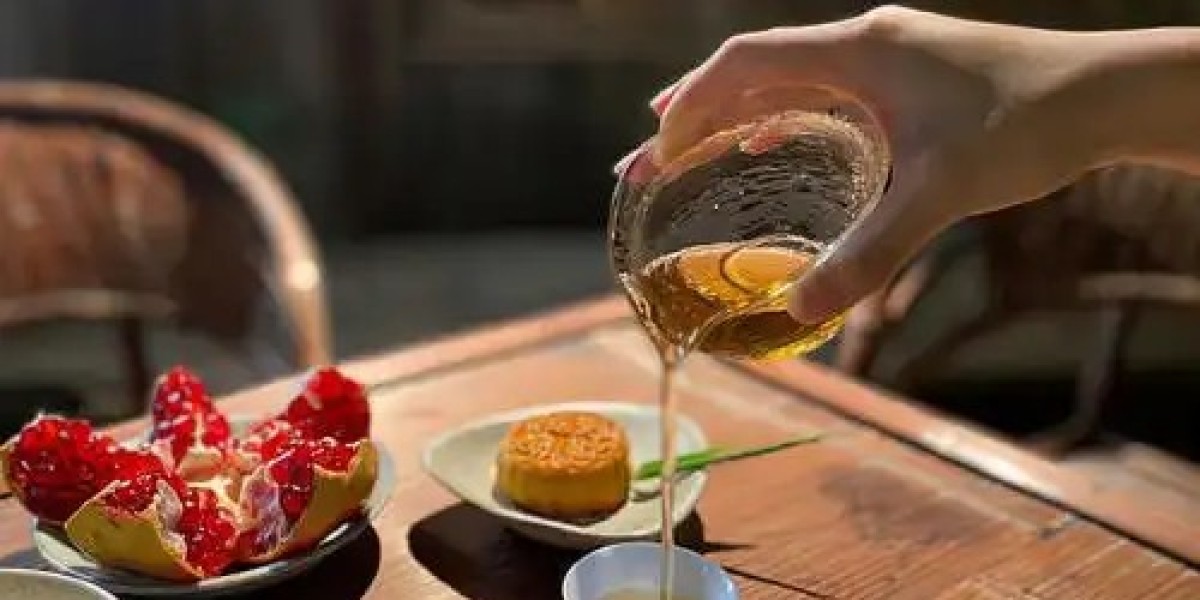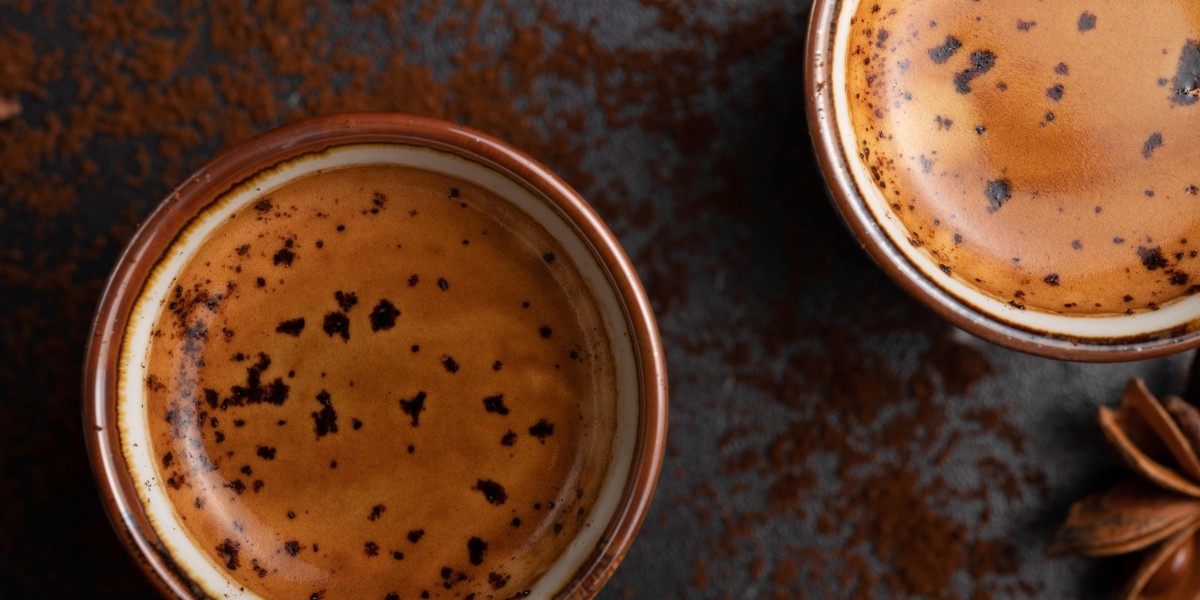1. Water Makes Up 98% of Your Cup
It’s simple math: a cup of tea is mostly water. That means even the finest tea leaves will be wasted if brewed with poor-quality water. Tap water with chlorine, excessive minerals, or even stale-tasting molecules can dull or distort flavor.
Traditional tea masters often compare water to a mirror—it reflects the true quality of the tea.
Taste the difference when you pair great leaves with clean water. Try premium selections from TeaTeapot.com.
2. Different Teas, Different Waters
Just like teas have personalities, so do waters.
Green teas prefer soft water (low mineral content) to preserve delicate, grassy notes.
Oolongs enjoy medium-mineral water for a full-bodied infusion.
Pu-erh or black teas often shine with slightly harder water that enhances their depth and earthiness.
In ancient China, tea connoisseurs even classified water sources by taste and effect on tea—from mountain spring to river water. The best? Fresh rain caught in lotus leaves, according to legends.
Get the right teas for your water preferences at TeaTeapot.com.
3. Temperature = Transformation
It’s not just what water you use—it’s how hot it is. Different teas release their best flavors at different temperatures:
Green tea: 70–80°C (158–176°F)
Oolong: 85–95°C (185–203°F)
Pu-erh and black tea: near boiling, 95–100°C (203–212°F)
Too hot, and you’ll burn delicate leaves. Too cool, and the flavors never fully awaken.
Want to learn ideal brewing temps? Find helpful tips and tools at TeaTeapot.com.
4. Living Water: The "Qi" of the Cup
In Chinese philosophy, water has energy—or “qi”. Tea masters often seek “living water,” which flows naturally and holds vibrant energy. This isn't superstition—it’s about freshness, movement, and life.
Still, bottled or filtered water that mimics these qualities—low in chlorine, moderately mineralized, oxygen-rich—can also help your tea “breathe.”
Respecting water is part of respecting tea. Find teas worthy of the ritual at TeaTeapot.com.
Final Thought
You don’t need a mountain spring or a monk’s teapot to brew great tea—but you do need to care about water. By choosing clean, balanced water and matching it to your tea, you elevate every cup from simple hydration to mindful experience.
Make your next cup meaningful—start with the right water, and the right tea from TeaTeapot.com.





